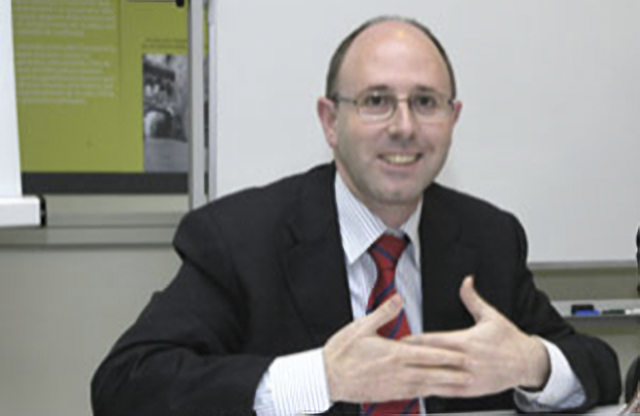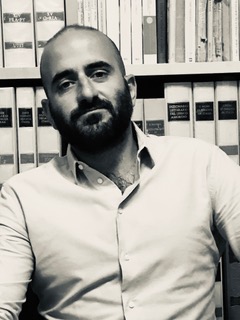News
Castella: 'Venice Commission Helps Fight Populism'

|

|
In an interviewed published by the Spanish newspaper Crónica Global, professor Jose Maria Castella, who leads the Spanish team of DEMOS, says that the Venice Commission has served as an important oversight of populist regimes, “which tend to limit the rights of the opposition, to erode the separation of powers and the judicial independence”. The interview was given on the occasion of the commission’s 30th anniversary, which was established as an advisory body to the Council of Europe to help former communist countries transition to democracy. Castella is a member of the commission.
The Venice Commission’s opinions are not legally binding to Member States. But its reports on populist regimes’ legislative reforms and warnings to democratic erosion fulfil an important role. One is to steer political debate and public opinion. Another is to support both local and EU oversight institutions to act against democratic backsliding.
The way that European populist regimes’ have responded to the coronavirus crisis may be one such an example. The use of state of emergency, in which some rights may be temporarily suspended to tackle a crisis like the coronavirus pandemic, are legitimate. Castella notes, however, that some populist regimes may have abused of these measures, exerting more powers than what is needed to fight the crisis. A recent example is that of Hungary, where Prime Minister Viktor Orban has indefinitely been ruling by decree since early April.
Other European countries have followed suit, such as Italy. For the Italian blog La Costituzione, Marco Antonio Simonelli, a DEMOS researcher working with professor Castella, wrote that the Italian government’s emergency powers were too vaguely defined. That has empowered the executive to handle the pandemic, leaving little room for the Parliament to collaborate. “Without a legal framework, the risk is to transform a health crisis into a constitutional one,” Simonelli says.
Avoiding such risks requires better use of state of emergency, in a way that does not shrink the oversight powers of parliaments or courts. “They should have limits precising the circumstances, scope, and duration,” Castella wrote in a recent article, which illustrates the Venice Commission’s doctrine about state of emergency, for Revista General de Derecho Constitucional.
Read More
Access the interview with professor Castella (in Spanish) here.
Viktor Orbán’s “coronavirus law” reflects populist strategy to consolidate power, researcher writes


Comments (0)